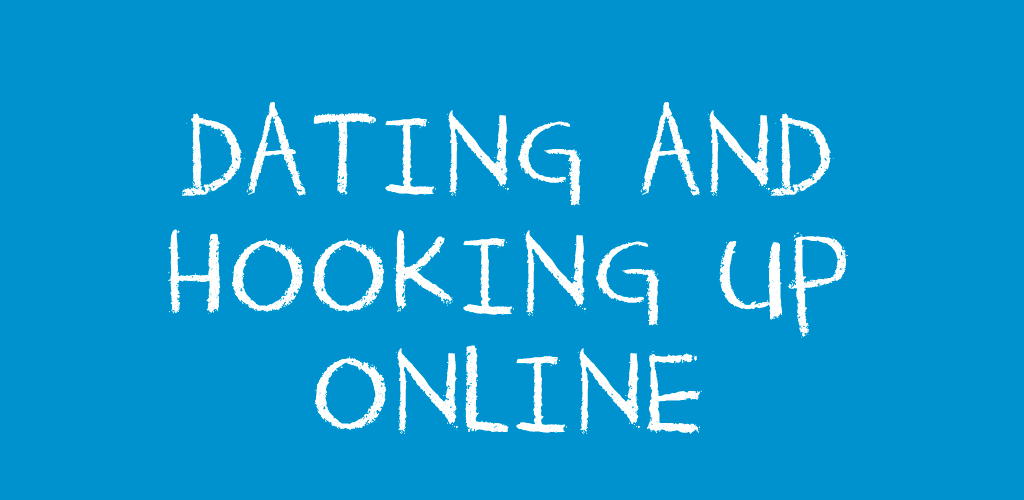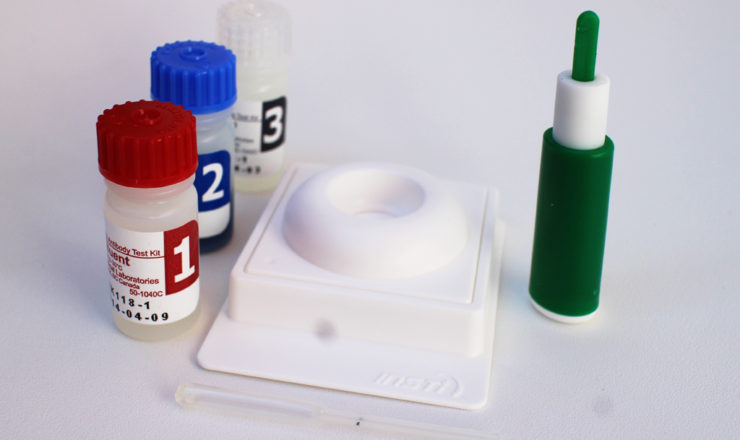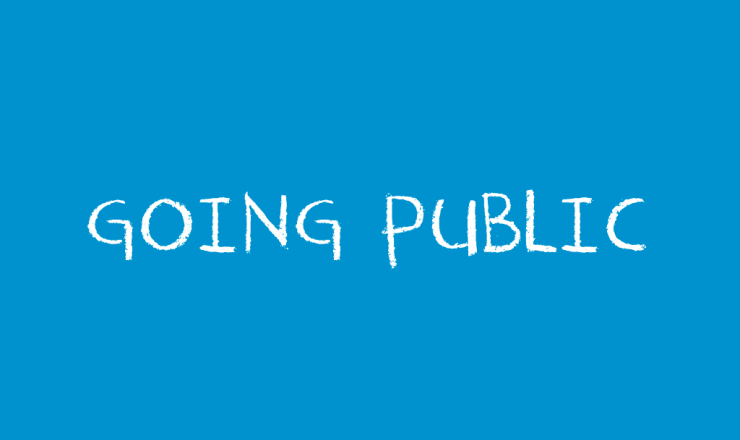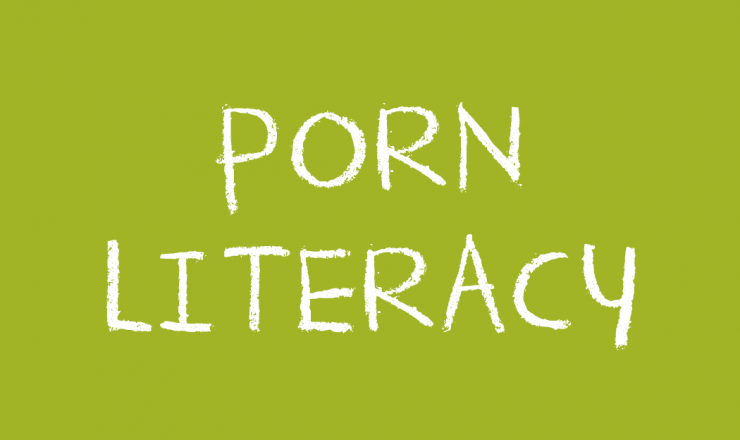Dating & Hooking Up Online: Apps & the Internet
There are lots of ways to meet new people you might want to date: in class, through friends, at a party, etc. More and more, though, people are meeting online or through apps*. Some people may find it a bit overwhelming, but dating online is not that much different than dating offline. Still, it can help to have some pointers, so here are some things to keep in mind when seeking out hookups and relationships on the internet.
Navigating the World of Online Dating
More people than ever are going to online spaces to meet new people. Why? There are lots of reasons (easy to do, low/no cost, etc.), but the biggest reason why so many people are doing it is because so many people are doing it! Some folks worry about being judged for meeting people through apps and websites, but hopefully this lessens as dating online continues to become more common.
Where to go?
Dating Apps
Popular dating apps include Tinder, Grindr, or Scissr (which people download to their smartphones). Some of these are apps are mainly used for hooking up, but lots of people are using them to meet new friends or start relationships. Users set up a basic profile (sometimes logging in through existing social media accounts), and connect people within a geographic radius (using your phone’s GPS). These apps are often free.
*Please keep in mind that Teen Health Soure does not endorse any specific dating platforms or social media apps. They are just examples.
Dating Websites
There are some dating sites that are more casual and some that are more serious. Both require users to create more detailed profiles than most apps, listing specific interests or what they’re looking for in a relationship or encounter. More serious dating and match-making sites often require a membership or subscription fee, and may claim to create more successful or compatible relationships because of their service. Some are very general, but there are also dating sites that are geared towards particular communities. Hopefully you can find one that is right for you!
Non-Dating Specific Apps and Websites
People meet all the time across all types of social media platforms. Lots of people build friendships, hook up, or become partners with people that they meet on apps. It’s also common for people to meet in online groups or online forums that are centred around a specific interest or hobby. If you’re open to meeting new people online, it can happen anywhere.
Your Profile
No matter how brief or detailed, your profile says a lot about you. Everything from the photos you choose to how you describe yourself or even your screen name can affect how people interact with you. Here are some tips on how to make a profile that you’re happy with:
How much information do you put online?
Some people share a lot about themselves, and some people say very little. Both are fine: the important thing is that you’re aware of what you’re sharing, and that you’re comfortable with what you’re putting out.
What are you looking for?
Looking for a long-term relationship? Friends? Just sex? Choosing the right app/website and being clear in your profile can help to reduce confusion and miscommunication. Of course, it’s always okay if you change your mind.
Accuracy and safety.
Lying about your age, profession, or using old or inaccurate photos can make it hard to establish trust with other people. Often people end up being worried about someone finding out that they lied. Consider what kinds of information or photos you feel comfortable and safe sharing online.
When do you talk about sex?
Lots of people like having sexy profile pictures, or stating their sexual orientation or relationship status – and that’s great! Lots of people are the opposite in their profiles, and that’s also great. Just like when folks are dating offline, we are all entitled to respect for how we choose to express our selves and our sexualities. One bonus of dating online is that you can block anyone who doesn’t respect your choices.
When You Find Someone You Like
Initiating conversation.
You’ve matched with a person! Now someone needs to start the conversation. Talk about something in their profile, ask how their day is going, say hi – stakes are pretty low for reaching out, and it can go well if everyone is respectful. People may not respond for lots of reasons (eg, they deleted the app, they’re not interested, etc.), but rejection is okay.
Respecting boundaries.
Everyone has boundaries. Some people like to take relationships slow, or want to be friends first, etc. Consider talking to the person about their boundaries and sharing your boundaries so you can better understand and respect where each other is coming from.
Being sex positive.
People share and express their sexuality online differently. Being sex positive is respecting someone’s sexual expression. People don’t share their sexual orientations, their relationship statuses, or their profile pictures to be judged or harassed. They do it so that they can connect with people who are interested in the same things.
Taking your time.
Apps can be great because you don’t have to stop everything just to message someone. Do what you’re comfortable with and what fits with your schedule.
Doing your own research.
If you had a crush on someone that your friends knew, you might ask them for info about that person. If you don’t have mutual friends (on Facebook, Instagram, LinkedIn, etc.) looking someone up online can help you get a better sense of a person if you’re feeling unsure, but be careful to not go overboard and invade someone’s privacy. And be mindful that people can be different in person than they are online.
Knowing if it’s a match.
Matching with someone on an app or a website doesn’t necessarily mean that you’re actually a good fit. Some people know pretty quickly if there’s a connection or not, or if someone makes them uncomfortable. Consider talking to your friends, making pro/con lists, or other resources in your life to help you decide what’s right for you.
Meeting Up IRL
When to meet up.
Some people like to meet up right away, and some people like to take some time. Either way is fine. Being flexible or patient about when you get together can help relieve pressure and let people feel less nervous and more excited!
Where and when to meet.
It can be helpful to pick a specific day and activity. Also, for everyone’s comfort and safety, consider meeting in a public space. Telling someone where you’re going and when you’ll be home can also be a good safety tool.
Be prepared to arrive and leave the date on your own.
Relying on someone else to drive you anywhere or pay for your meal or activities can lead to pressures and expectations. (It’s okay for people to have expecations about how things might go, but your date should never pressure you or make you feel bad for not wanting to do something.) If you can afford it, you can try to pay separately for the first couple of dates or do things that don’t cost money if having a date pay for you makes you uncomfortable. Or have a conversation ahead of time so that nobody feels like they owe each other anything.
Planning ahead.
Think about how you’re going to keep track of your wallet, phone, personal items, etc. It can help to decide beforehand if you’re going to drink or do drugs (and how much). The same goes for thinking about what kinds of sexual activity you’re comfortable with, and if you need to think about safer sex practices or materials.
Being comfortable together.
People are sometimes different than they can seem online or through apps. Just because you’ve met up in person doesn’t mean that you’ll have chemistry. It’s okay if you don’t like the same activities. If you or the other person is uncomfortable for any reason, it’s okay to leave.
For a downloadable resource on this topic, please visit Planned Parenthood Toronto Factsheet Database.
If you have questions about this topic, feel free to contact one of our peer educators. [Link]
Last Edited: May 2020






